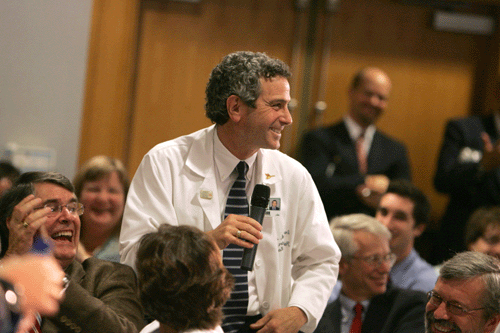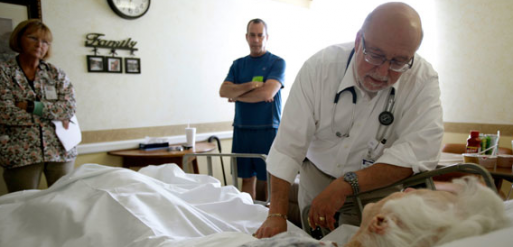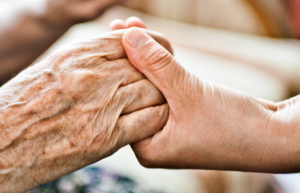People like to know what’s ahead. Yet, life is unpredictable. Perhaps one of the reasons death, something natural and something we all share, is still tainted with fear. How do you plan and prepare for an experience filled with uncertainty?
In 1967, Dame Cicely Saunders, a nurse during World War II, attempted to find the answer by creating St. Christopher’s Hospice in London to help people easily transition into their last stages of life with love and support. She believed that everyone deserved dignity and help at the end of their life for both the physical and psychological aspects of the process.
However, it appears that our perspective of the end of life has changed. A recent New York Times article highlighted the fact that in 2009, only about 45% of end of life patients received care at a hospice center.
While many factors contribute to the increase of people spending their last days in a hospital, it appears that the advent of administrating the latest, high tech treatment has transformed the last days of life as a physical, not emotional, experience. In The San Diego Union-Tribune, writer Paul Sisson stated that these “endless tests and procedures confine them to hospital beds rather than allow them to spend their last days at home with their loved ones.” For the most part, death is not something that we can control. It can be a long process not only for the patient, but also for the family members. For example, the central story in the same New York Times article centered on Maureen Stefanides finding a way to fulfill her father’s dying wish: to spend his last days at home. Yet, the process turned into an endless path of dealing with hospitals, nursing homes and insurance companies. Her father Joseph Andrey was shuttled between one place to the next, making everything more stressful than need be.

Dartmouth’s Dr. Ira Byock of has long been a champion for more comprehensive, personalised end of life care.
(Credit: mtprnews.com)
Luckily, more and more health care physicians are seeking ways to change this complicated process. One of these plans includes giving a financial incentive for doctors to speak openly with their patients about how they wish to be treated at the end of the life. While modern medicine has increased human life expectancy, death should not be an experience entangled with insurance companies. It’s a natural part of life. If we can make the patient’s voice a priority in the end of life conversation, we may be able to assuage their uncertainties and fears of death. Helping them have the chance to plan their last few days returns us to what death is about: helping a person prepare for the next journey.
You may like:
- 10 Facts About Hospice Care You May Not Know
- Book Review: “One Foot in Heaven, Journey of a Hospice Nurse” by Heidi Telpner
- What is an End of Life Doula? An Interview with Amy Levine

 Easing into the End of Life
Easing into the End of Life




 “As Tears Go By” by Marianne Faithfull
“As Tears Go By” by Marianne Faithfull
 “The Sea” by John Banville
“The Sea” by John Banville
 Funeral Favors Offer Visitors a Tangible Memento
Funeral Favors Offer Visitors a Tangible Memento















